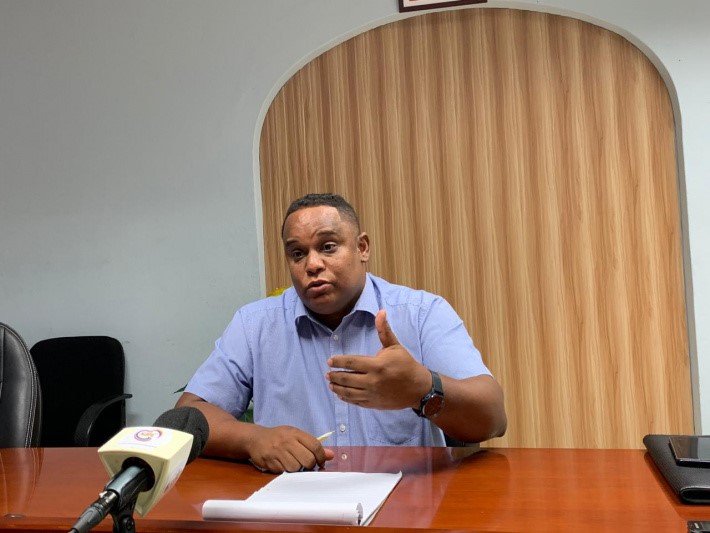Senegalese authorities have launched a military offensive against fighters allied to the Movement of Democratic Forces of Casamance, a separatist group in the country’s southern region.
According to a statement on Sunday evening by the military chief of staff, the offensive aims to “destroy all armed gangs conducting criminal activities in the area” and “preserve the integrity of the national territory at all costs”.
“As part of their regalian missions of securing people and property, the armies launched an operation on Sunday, March 13, 2022, whose main objective is to dismantle the bases of the MFDC faction of Salif Sadio”, the statement said.
The mission comes weeks after the death of four Senegalese soldiers and the capture of seven others by the MFDC fighters as both parties fought in the border area with the Gambia.
The MFDC’S rebellion, which has thrived on perceived marginalisation of the region wedged between The Gambia to its north and Guinea-Bissau to the south, dates back to 1982.
Casamance was a Portuguese possession for several hundred years until ceded to colonial France in 1888. It became part of Senegal after the country gained independence in 1960.
The region, which has a distinct culture and language, is separated geographically from the rest of Senegal by the Gambia River.
Casamance rebels, accused of trafficking timber and cannabis, have traditionally sought refuge in Gambia or Guinea-Bissau, which also borders Senegal.
The conflict had been primarily dormant until Senegal’s army launched a major new offensive last year, designed to drive out the rebels.
Senegalese President Macky Sall has made achieving “definitive peace” in Casamance a priority of his second term.


